In recent years issues like caste discrimination and social exclusion have been discussed extensively in India. However, while the linkages between caste and society have been studied widely, the interface between caste and economy or economic development remains an under-researched terrain. Blocked by Caste explores contemporary patterns of economic discrimination faced by Dalits and religious minorities like Muslims and the underlying attitudinal orientations that contribute to inequality in various spheres of life.
This volume investigates empirical evidence of discrimination by focusing on the urban labour market as well as other markets in rural markets. It also analyses discrimination in non-market transactions like access to education, primary healthcare services, and fair price shops. Through detailed case studies, the essays examine the consequences of exclusion on unequal access to business, wage-earning, health status, and educational attainments and suggest possible remedies.
The introduction provides a conceptual framework and the foreword by Kaushik Basu underscores the importance of developing an interface between economics and social sciences in order to give greater visibility to research on discrimination.
This inter-disciplinary volume will be indispensable for scholars and students of Dalit and exclusion studies, politics, sociology, and economics. It will be an invaluable resource for policymakers and social activists.
ABOUT THE AUTHOR Katherine S Newman
Katherine S. Newman is the Malcolm Forbes Class of 1941 Professor of Sociology and Public Affairs and Director of the Institute for International and Regional Studies, Princeton University, USA.
ABOUT THE AUTHOR Kaushik Basu
Kaushik Basu is Carl Marks Professor of Economics at Cornell University. He has been Professor of Economics at the Delhi School of Economics and has to his credit a large number of monographs, edited volumes, and essay collections (including Economic Graffiti and Of People, Of Places). ‘Kaushik Basu is that triply rare being-an Indian intellectual who is open-minded, an economic theorist who is interested in human beings, and an American academic who has a sense of style. These, and many other, gifts are on display in this richly readable collection of essays. In prose that is always elegant and often witty, Basu throws fresh light here on themes of compelling importance to India and the world-the role of the market, the relations between states, the perils and promises of globalization.’
ABOUT THE AUTHOR Sukhadeo Thorat
Dr. Sukhadeo Thorat is currently the Chairman of University Grant Commission and a Professor of Economics in the Centre for the Study of Regional Development, School of Social Sciences, Jawaharlal Nehru University, New Delhi. He studied at the Milind College of Arts (Aurangabad, Maharashtra), Dr. Babasaheb Ambedkar Marathwada University (Aurangabad), Jawaharlal Nehru University (Delhi), and Main School of Economics, Warsa (Poland). During 1989-1991, Dr. Thorat was a visiting fellow at Iowa State University (Ames), Centre for International and Comparative Studies, Iowa City, and International Food Policy Research Institute, Washington DC (U.S.A.). He was a founding Director of Indian Institute of Dalit Studies during 2002-2005. Dr. Thorat's research work relates to mainly Agricultural Development, Rural Poverty, Institution and Economic Growth, Problems of Marginalized Groups, Economics of Caste System, Economic Discrimination, Human Rights Issues, Economic and Social thoughts of Ambedkar, and Slums etc. He has to his credit eleven books and more than fifty papers in national and international journals.

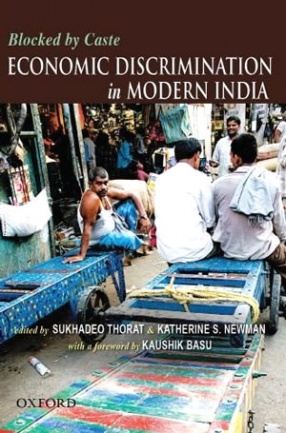
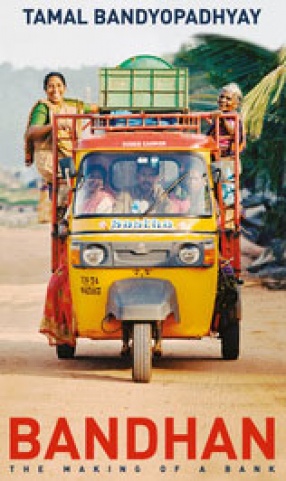




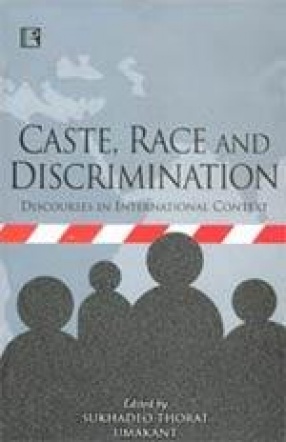
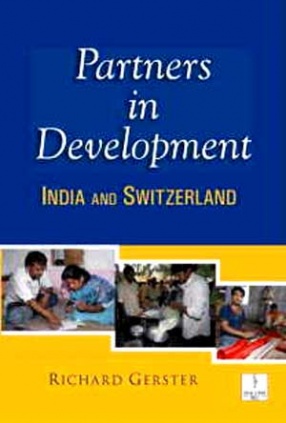
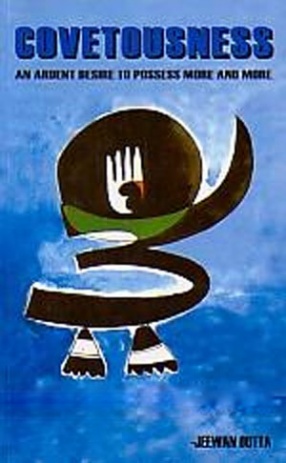
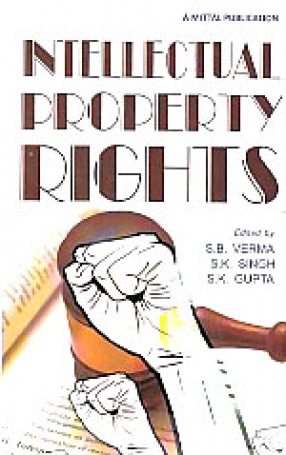
There are no reviews yet.